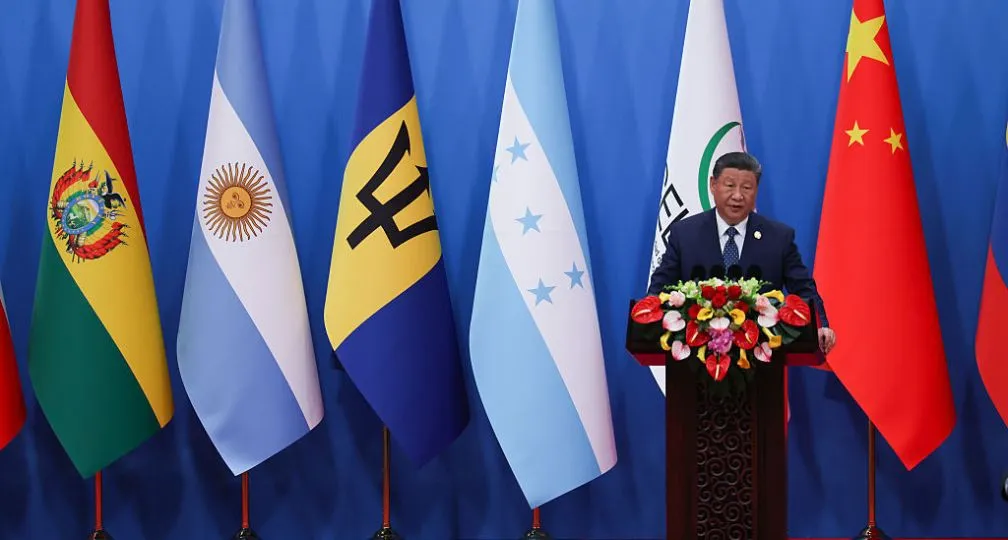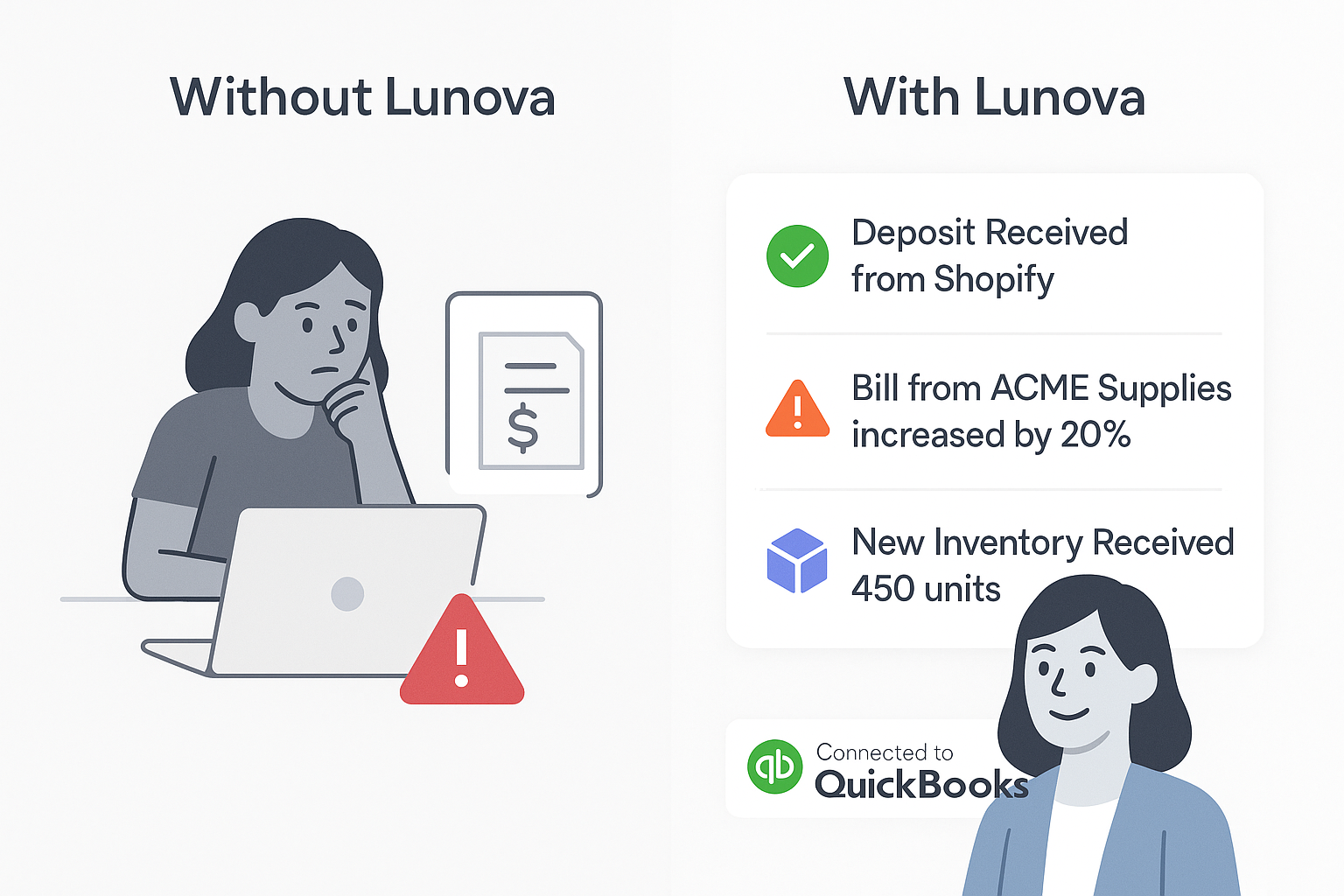
Can China Become a Defender of Free Trade?
In January 2017, American political scientist Joseph Nye warned of two traps involving China’s rise. A China that becomes too strong, he said, could lead to war with the U.S.—a classic “Thucydides Trap.” But a China that remains too weak may also be dangerous: without a strong power to provide global public goods, the international order may unravel—this is the “Kindleberger Trap.” Nye noted that global public goods like financial stability and freedom of navigation are supplied by great powers, and if China continues to free-ride, the provision of these goods could collapse, destabilizing the world.
Since then, China has seemingly committed itself more in international organizations like the UN and launched its global initiatives on development, security, and civilization. It claims programs like the Belt and Road Initiative, the AIIB, and its “Community with a Shared Future for Mankind” contribute to global public goods.
Yet many argue that China benefits from global public goods without sharing the cost. Its rise has relied heavily on free trade and multilateralism, but it has been reluctant to address negative spillovers—like overproduction harming foreign industries. It has also used its vast domestic market to pressure foreign firms for technology transfers, reflecting a “China First” attitude beneath the rhetoric of free trade.















